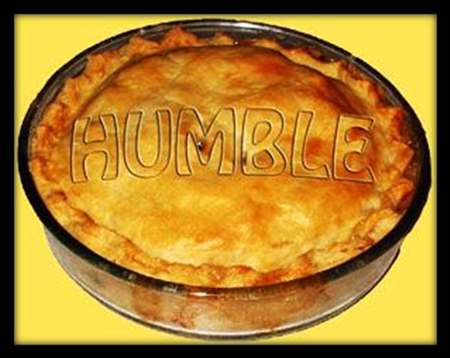Welcome to Golfnutter’s Blog – a weekly commentary highlighting contemporary golfing issues, in Pattaya and beyond. For more on matters golf, especially Pattaya golf, visit golfnutter.wordpress.com.
It had to happen. The guardians of golf’s Rules could not allow the furore that surrounded Tiger’s infamous drop to pass without clarification. Nor do they wish any future rules committee to take the Masters use of Rule 33-7 as a precedent.
The furore referred to is the action taken by Augusta National’s Rules Committee, in acting the way they did, over the much-reported incident involving Tiger Woods’ illegal drop during the second round of this year’s Masters Tournament.

In a joint statement released last week, the R&A and USGA said that the Masters Rules Committee, in choosing to apply Rule 33-7; ([a] penalty of disqualification may in exceptional individual cases be waived, modified or imposed if the Committee considers such action warranted.) used it in a manner for which it was not intended. “Such discretion,” said the statement “is not intended to protect a competitor from the consequences of his erroneous application of the Rules. The fact that Woods, when he returned his score card, was not aware that he had incurred a two-stroke penalty on the 15th hole was not a basis to waive disqualification under Rule 33-7.”
The statement also noted, “Viewing the incident solely from the standpoint of Woods’ actions, there was no basis to waive the penalty of disqualification under Rule 6-6d.”
The basis for the Masters Rules Committee to exercise its discretionary powers under Rule 33-7 was, in the view of the joint statement, due to the consequences of the Committee’s own actions. This refers to their decision not to act on the advice offered by a TV viewer, whose phone call first alerted them to Woods’s infringement.
This in itself raises questions, especially so now that the viewer’s identity has been revealed. It turns out he is David Eger, a playing member of the Champions Tour. More importantly, before joining the senior circuit, Eger had a long career as a tournament director with both the PGA Tour and the USGA. Not only is Eger known to members of the Masters Rules Committee, but is one of the most experienced tournament officials in US golf and a recognised expert on the Rules. Surely that should have alerted Masters Rules Committee Chairman Fred Ridley and his committee colleagues to the seriousness of the situation?
Notwithstanding their incompetence, the Masters Rules Committee was partly absolved by the joint statement when it noted; “Given the unusual combination of facts – as well as the fact that nothing in the existing Rules or Decisions specifically addressed such circumstances of simultaneous competitor error and Committee error – the Committee reasonably exercised its discretion under Rule 33-7 to waive the penalty of disqualification under Rule 6-6d, while still penalizing Woods two strokes under Rules 26-1a and 20-7c for playing from a wrong place.”
So, have golf’s ruling bodies been undeservedly kind to Augusta National by saying they “reasonably exercised discretion under Rule 33-7?” It’s hard to be certain but one thing is for sure; the application of Rule 33-7 as used at this year’s Masters will never be repeated. The statement, viewable in full on either organisation’s website, makes that very clear. A precedent it is not.
Augusta National is one of the world’s most exclusive private clubs. They are what they are – an elite golf club that caters for extremely wealthy gentlemen and two ladies. From 1934 they have run their own golf tournament, the one we know as the Masters. That this has evolved into one of golf’s most enduring events has a lot to do with the wonderful setting around which the tournament is played. But top golf administration, especially of the majors, needs a degree of competence that club members – and that includes Augusta – serving as amateur rules officials, struggle to provide.
Perhaps now the club will act on a long-standing plea to appoint professional referees, not only to run the rules committee, but also to accompany playing groups inside the ropes. These two measures would assist in bringing management of the Masters more into line with other majors. Such “innovations” may also mean the tournament no longer being viewed among rules officials as “an accident waiting to happen.”
Tiger Woods finished in a tie for fourth, just four shots off the score needed to enter the play-off. He won US$352,000 in prize money. That he pocketed this was down to the most fortunate of incidences – the chance intervention of a TV viewer. Now, imagine the outcry if he had won?
I wonder how many involved in the game, whether top administrators or just humble hackers like me, are finding difficulty supressing a certain feeling of schadenfreude?
Happy golfing!
Golfnutter




